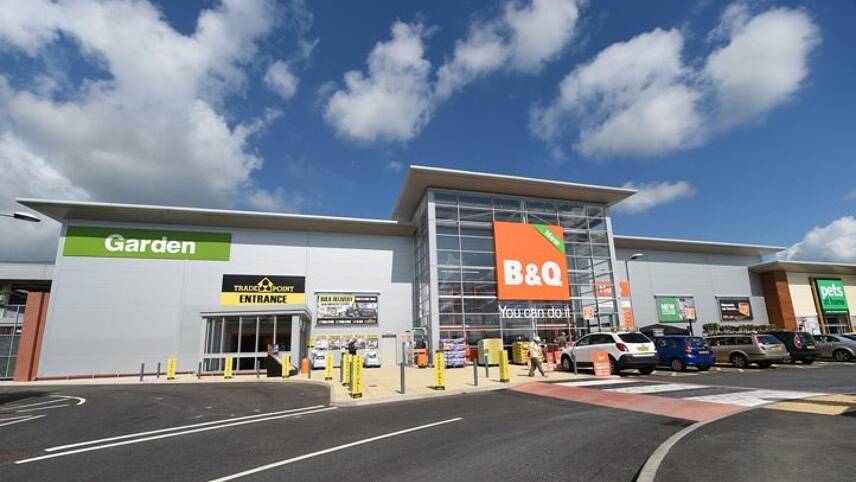Register for free and continue reading
Join our growing army of changemakers and get unlimited access to our premium content

B&Q has partnered with suppliers to enhance the quality of its compost products.
Nearly two decades ago, B&Q announced its plans to halt the sale of peat, acknowledging the unsustainable nature of peat extraction, and the damage it causes to wildlife sites in the UK and abroad.
Since then, B&Q has advanced its peat-free product offerings. The retailer ceased selling peat entirely in 2008 and launched a range of peat-free bedding plants in 2014. As of 2023, B&Q’s entire bagged compost range is 100% peat-free.
Today (28 May), the company has committed to selling only 100% peat-free plants by 2026.
B&Q has partnered with suppliers to enhance the quality of its compost products. Through collaborations, it has developed high-quality 100% peat-free compost formulations under the GoodHome brand, using coir (coconut fibres) and other sustainable ingredients to replace peat.
Additionally, the company has developed a new range of products which are made with natural ingredients that support resilient and fertile soil.
B&Q’s head of sustainability Sam Dyer said: “At B&Q, we know how vital peatlands are in protecting habitats and preventing climate change, and are committed to offering only peat-free plants by 2026.
“This builds on our move to 100% peat-free bagged composts last year and our work through our partnership with the Woodland Trust to regenerate peat habitats at Snaizeholme in North Yorkshire.”
Since 2022, B&Q has partnered with the nature charity, Woodland Trust, to restore and protect native woodlands and peatbogs in Snaizeholme, North Yorkshire. This project includes the restoration of 279 acres of upland peatbog.
Public concern for wildlife decline
The UK is one of the world’s most nature-depleted countries, with more than one in seven native species facing extinction.
According to research commissioned by the retailer this year, public concern for wildlife has grown in the past few years, with 75% of respondents expressing worry about the decline in UK wildlife, up from 64% in 2017.
The research highlights that nearly half of the respondents now avoid using harmful chemicals, and more gardens feature native wildflowers compared to 2017.
Moreover, approximately 20% of respondents have deliberately adopted peat-free compost in the last seven years, with a third now exclusively using peat-free compost.
Dyer added: “While we’ve always known that people loved connecting with nature in their gardens, we were delighted to see from our latest research so much evidence of consumers increased interest in and action to encourage nature in their gardens and outdoor spaces, including the adoption of peat-free growing practices.”
Related news: B&Q introduces in-store collection points to recycle plastic pots – edie


Please login or Register to leave a comment.